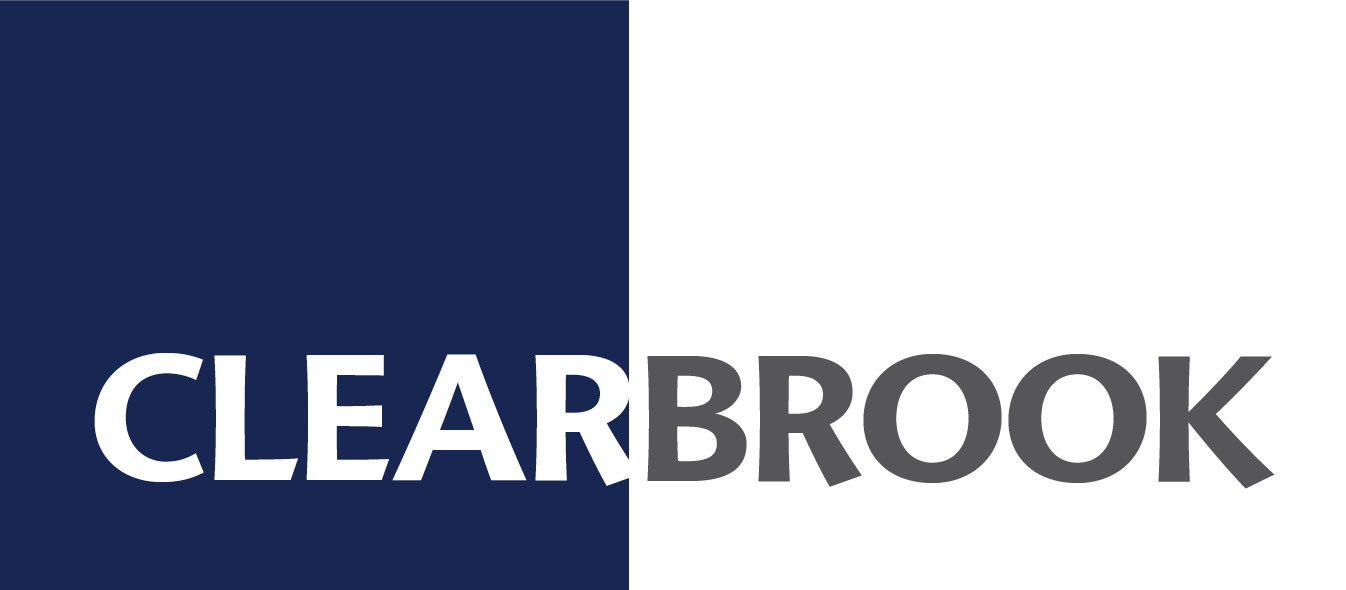The alts industry is about to face a higher bar on diversity and inclusion as a new questionnaire is asking hedge funds to do what they do best: dig into the numbers.
The Alternative Investment Management Association (AIMA), in partnership with investment consultant Albourne Partners, launched a diversity and inclusion questionnaire Monday that asks managers detailed quantitative questions on the racial, ethnic and gender make-up of firms, as well as the make-up of equity ownership and profit participation at these outfits.
The questionnaire, which is voluntary, also dives into many qualitative topics, including diversity and inclusion policies and practices, recruitment, formal mentorship or affinity programs, family-friendly policies such as parental leave, and the firm’s track record of sorts – including whether it has dealt with sexual or general harassment claims within the last five years.
It is still “early stages” for a more data-driven approach to diversity and inclusion and not all managers may be collecting data in a systemic way, says Adam Jacobs-Dean, managing director and global head of markets, governance and innovation at AIMA.
“The data angle is one part of this, but it should also be seen as a broader way to have a conversation on diversity and inclusion,” he says.
The questionnaire is available on Albourne’s manager portal or through AIMA’s website. It was also designed with smaller managers in mind, Jacobs-Dean adds.
Albourne is not assigning diversity and inclusion ratings to managers at this time, but responses to the questionnaire that relate to regulatory or legal risk factors may factor into operational due diligence assessments, a spokesperson confirmed. The consultant also is focusing on providing its investor clients with “transparency into manager D&I metrics, policies and practices” so they can make informed decisions.
There is a fundamental economic reason for hedge funds to have diverse staffs with different viewpoints and life experiences, says Tim Ng, CIO at consultancy Clearbrook LLC. And it is important to move beyond checking a box on diligence questionnaires and understand what funds are really doing with diversity and inclusion, such as personnel changes over the past several years, he says.
“You can tell me to nth decimal point what’s happening in markets – why can’t you tell me this?” he says. “Show us the proof. It’s nice to speak about it – show us in your policies and documentation that you are actually doing this.”
While smaller firms have a limited number of people they can hire, expanding recruiting beyond the top 20 schools is one place to start increasing diversity on their staffs, Ng adds.
There has been a greater focus in recent years on ensuring candidates go through a standardized interview process with firms paying attention to how the process is structured and who interviews candidates, says Sara Katz, managing partner and head of executive search at Searchlight Partners, a boutique search firm focused on diversity and inclusion in financial services and technology.
“It’s a topic on everyone’s mind,” she says. “Funds across the board are focused on diversity and inclusion – and not in just hiring but a focus on their employees and making sure they feel welcome and included from all accounts.”
Investors shouldn’t underestimate the power of asking “tough questions” because it forces managers to answer and reflect on their processes, says Kathryn Kaminski, chief research strategist and portfolio manager at AlphaSimplex.
“It makes it a real issue instead of a bullet point on your website,” she says. “What are your plans to change and what are you doing actively to support this besides a statement on your website?”
The focus on environmental, social and governance (ESG) investing has helped push the conversation forward, as have discussions at conferences and a push to have more women and people of different backgrounds on panels, Kaminski says.
“Even having to report numbers makes a big difference. It’s a long battle,” she adds.
The AIMA-Albourne questionnaire comes at a challenging moment, with the COVID-19 pandemic, remote working, and questions in many countries around schooling and childcare and how that will impact working parents. AIMA also recently launched a digital women’s network for Europe, the Middle East, and Asia in May that has over 170 members to discuss issues around career development.
The current moment raises questions around flexibility, working from home and the potential for more change, Jacobs-Dean says.
“I think in coming years, we are at the start of reflection on how we work and… who is potentially interested in working in the industry,” he says.
Contact the reporter on this story at ltomkiw@fundfire.com or 212-542-1278.

